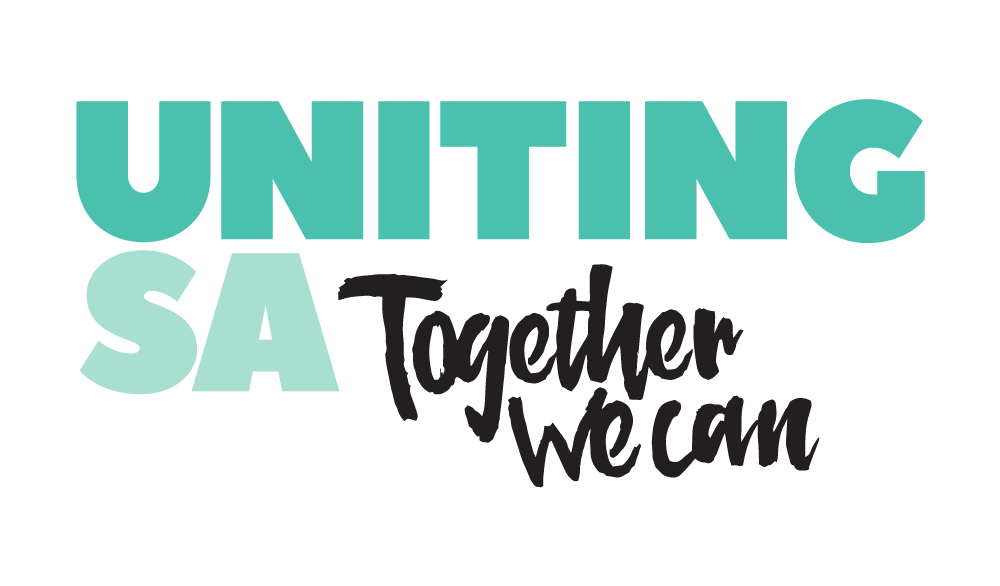Eddie Elksnitis has worked in the community mental health sector for more than two decades.
His job is critical in helping keep people well and out of hospital. But he’s not a doctor or nurse. And although he plays a critical role in supporting people to recover from often severe mental health conditions – he’s not a psychologist either.
Eddie works in the psychosocial support sector – an area of growing need as Australians battle an invisible yet booming mental health pandemic.
In last year’s census, mental illness was identified as Australia’s most commonly diagnosed long-term health condition. It’s now more common than asthma or arthritis.
And psychosocial support is crucial in helping people with some of the most prevalent mental health disorders such as depression, anxiety and post-traumatic stress disorder.
“People with these disorders often spiral into acute episodes that see them call ambulances because they are so mentally ill, they don’t know what else to do. They often live alone and are isolated from friends and family.”
“They also often end up stranded in hospital beds for weeks, or even months, as they struggle to find the support they so desperately need at home or in their communities.”
Statistics show more than 20,000 South Australians with mental health issues present to emergency departments each year. More than 9000 of those are admitted into SA hospital beds.
Around 15 percent of those discharged end up being readmitted within 28 days.
UnitingSA has been offering psychosocial support to South Australians for more than 20 years. The organisation launched what was considered a ground-breaking psychosocial program called GP Access in 2003, and also provides services through the Individual Psychosocial Rehabilitation and Support Service (IPRSS).

Eddie Elksnitis, UnitingSA Community Support Worker
Eddie works in the GP Access program, which is a free rehabilitation and recovery support service for people living with a mental illness who see a General Practitioner (GP) for their clinical needs. It allows GPs to refer patients to UnitingSA support workers for non-medical advice and ongoing case management.
Eddie said the GP Access program offered tailored, one-on-one support to people who needed someone to help them to sort through a range of complex matters, including trauma, stress, money worries, health issues, housing instability and social isolation, which contributed to their mental health decline into crisis.
“These are often people who are always in crisis, because they can’t emotionally regulate. They will spiral and often attempt to commit suicide, and they will call ambulances all the time,” Eddie said.
“They’ll go to hospital when they’re feeling really distressed and sit there for hours on a weekly, or even daily basis.
“They often have thick hospital files – but nothing is being done to help them deal with the real, non-medical, but every day pressures and issues in their lives that are causing them to continue living in distress.
“Although diagnosed mental health conditions, like schizophrenia, can often be well managed with medication, people with complex trauma or borderline personality disorders, often find medications don’t work.
“Without psychosocial support, they go from crisis to crisis, and around and around in circles.
“They need ongoing, one on one case management to ensure they have stability, that they have a secure home, they have bills paid, they are getting to appointments to help manage their mental health and any other health issues, and they can rebuild their wellbeing to recover, and live well.
“We know this works because we see clients who were calling ambulances almost daily, who are now not calling ambulances at all.
“Psychosocial support keeps them from spiralling into crisis, and subsequently, keeps them out of ambulances and hospital beds.”
The GP Access program is currently only funded in the West and South regions of metropolitan Adelaide and demand for the service is at an all-time high. While the program and its incredible support workers, like Eddie, have helped hundreds of people, the waiting list for assistance continues to climb, with people waiting many months for support.
UnitingSA would like to extend the program not only across Adelaide, but to the state’s regional areas – where services are few and far between.
“Supporting more South Australians with this critical psychosocial support will not only keep more people safe and well, but it will keep them out of ambulances and out of hospital beds, helping to alleviating two of the State’s biggest issues – ramping and bed blockages,” UnitingSA CEO Jenny Hall said.
“Psychosocial support not only saves lives. Increasing this type of support across the South Australian community will also save tax payer money.”
The current average cost to provide care in the hospital setting in South Australia was the most expensive in the nation.
The average cost per inpatient bed per day in a psychiatric hospital in SA is $1,554.25 compared to the national average rate of $953.78 (AIHW).
Need help now?
If you require urgent mental health support, or are experiencing a mental health emergency or crisis, please get in touch with one of these support services.
Lifeline: 13 11 14 or lifeline.org.au
Suicide Call Back Service: 1300 659 467 or suicidecallbackservice.org.au
Beyond Blue: 1300 224 636 or beyondblue.org.au
Kids Helpline: 1800 551 800 or kidshelpline.com.au
headspace: 1800 650 890 or headspace.org.au
ReachOut: ReachOut.com
More resources can be found at the Mental Health Coalition of South Australia website.
If you are experiencing a medical emergency or are in immediate danger, call 000.
